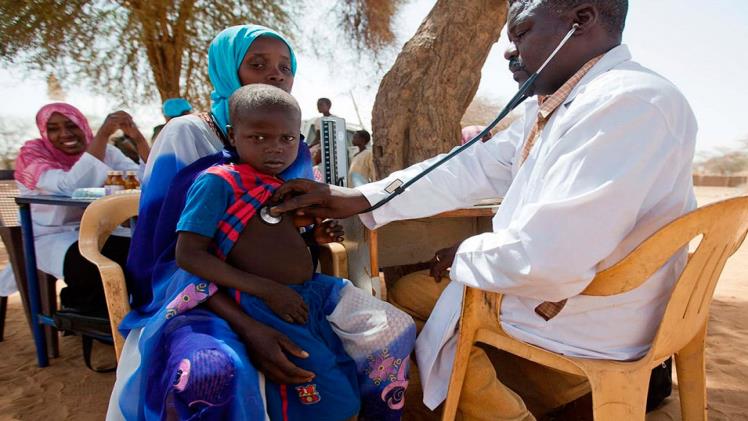Primary healthcare provides basic medical and health treatments for individuals who are not seriously ill enough to require hospitalization but have a condition that necessitates continuing management. Physicians often provide primary care in clinics or offices. For more information on Hackensack primary care, consult a professional today.
For most patients, primary health care is their initial point of contact with a healthcare practitioner. It covers sickness or injury prevention, diagnosis, and treatment. The following are the components of primary health care:
-
Prevention
This component focuses on lowering the risk factors that can contribute to developing a disease or condition.
-
Diagnosis
This component involves identifying and assessing the severity of a certain disease or condition in a person.
-
Treatment
This component includes medical procedures intended to address certain diseases or disorders.
-
Referral
When clients require more specialized therapy than primary care, this component directs them to other facilities.
-
Assessment
This component evaluates an individual’s present state of health by considering their physical, mental, and social well-being.
-
Education
This component teaches patients how to live healthy lifestyles through diet and exercise and proper hygiene practices such as hand washing after using the toilet or changing diapers; it also teaches them about their rights under the public health law and how to speak up for themselves if necessary.
-
Supportive care
This component is concerned with providing non-medical support for individuals who require assistance dealing with chronic illness or disability, such as home nursing services, pain management services, or respite care from caregivers who provide help at home with everyday tasks such as doing laundry and cooking meals while a person recovers from surgery.
The advantages and challenges of primary care
When handled appropriately, primary care is extremely helpful to individuals’ health while reducing the financial strain on the public health system. This is partly due to fewer hospitalizations and a decreased need for additional healthcare services. Other advantages of primary care include:
- Improved healthcare quality
- Improved access to healthcare yoho hindi
- Early intervention to avoid the development of health problems
- Preventive health should be prioritized.
- Reduction in the requirement for specialized care
- Patient connections are improved.
- An economic gain in the form of multiple related jobs
However, there are various impediments to the positive effects of primary care. A key concern is the scarcity of primary care physicians, and the demand for new practitioners is now expanding faster than the supply. Furthermore, the quality of care varies amongst practitioners, locations, and nations. In general, less than half of primary care centers offer after-hours service fame fountain.

